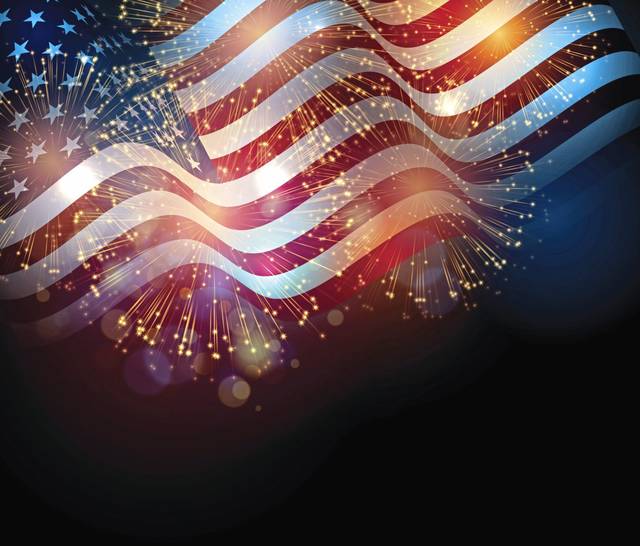In these certifiably tumultuous political times, it’s useful to recall that America’s Declaration of Independence was also conceived as a purposeful declaration of interdependence.
During the Revolutionary period, the 13 British colonies functioned in many ways like separate mini-states, often at loggerheads with conflicting currencies, voting systems, trade regulations, legal codes and frequent border disputes; in 1781 the militias of Vermont and New Hampshire stood on opposing banks of the Connecticut River poised to attack each other.
Had the Founding Fathers not devised a governing model emphasizing cooperative union over fragmented sovereignty, it is doubtful the American experiment in popular democracy would have lasted more than a decade or two.
The original vision of the U.S. as a connected family of states with collaboration at the core was forcefully restated by Franklin D. Roosevelt in his address accepting the presidential nomination at the 1932 Democratic National Convention.
The country was now a 48-state, continent-spanning federation of 122 million people mired in the Great Depression.
“Never in history have the interests of all the people been so united in a single economic problem,” asserted Roosevelt. “We know well that in our complicated, interrelated credit structure if any one of these credit groups collapses, they may all collapse. Danger to one is danger to all.”
America’s survival, Roosevelt believed, could be ensured only if the many competing financial interests worked together to maintain a strong national economy. “This nation is not merely a nation of independence, but it is, if we are to survive, bound to be a nation of interdependence — town and city, and North and South, East and West. That is our goal, and that goal will be understood by the people of this country no matter where they live.”
Today, with a population of 331 million, America’s social stability is again imperiled by enormous disparity in resources, income and opportunities.
According to Federal Reserve data from October 2020, 31% of total U.S. wealth is held by 1% of the population possessing an average net worth of $11 million, while the bottom 50% of Americans account for 2% of the nation’s wealth.
The average wealth of middle-class Americans has fallen to $86,000, the same level as in the mid-1980s; from March-December 2020, the collective wealth of America’s 651 billionaires rose $1.1 trillion (36%).
The gap between the richest and the poorest our of citizens has more than doubled since 1982. Of the over 100 million people living below the U.S. poverty line (nearly one in three Americans), an estimated 12.4 million full-time workers earn so little they are permanently buried beneath the poverty line.
Racial and gender variances are even more stark. The median white household in America possesses $188,200 in wealth (savings, retirement accounts, real estate value) compared to just $24,100 for Black households; households led by single women with children have a poverty rate of 35.6%, more than twice the 17.3% rate for households led by single men with children.
Spinoff effects of these imbalances are seen in our everyday America of 2021: slowed financial growth and diminished occupational mobility, decreased life expectancy, increased crime and mental illness, less investment in education, infrastructure, sustainable energy, environmental protection.
Yet if we as a people still cherish our “unalienable rights” to life, liberty and the pursuit of happiness, we will need to envision, as did the framers of the republic, a future society embracing the qualities that have made America strong in the past and present — an unwavering commitment to pluralism, genuine economic opportunity and equal justice under the law for all citizens.
This July 4, let us encourage our political representatives (and ourselves) to act upon the closing words of the Declaration of Independence:
“… with a firm reliance on the protection of Divine Providence, we mutually pledge to each other our lives, our fortunes and our sacred honor.”
That mutual pledge of interdependence got our country started 245 years ago. Let’s reaffirm it now to keep moving .
Lawrence McCullough is a Pittsburgh public policy researcher and the former press director at Hall Institute of Public Policy in Trenton, N.J.








